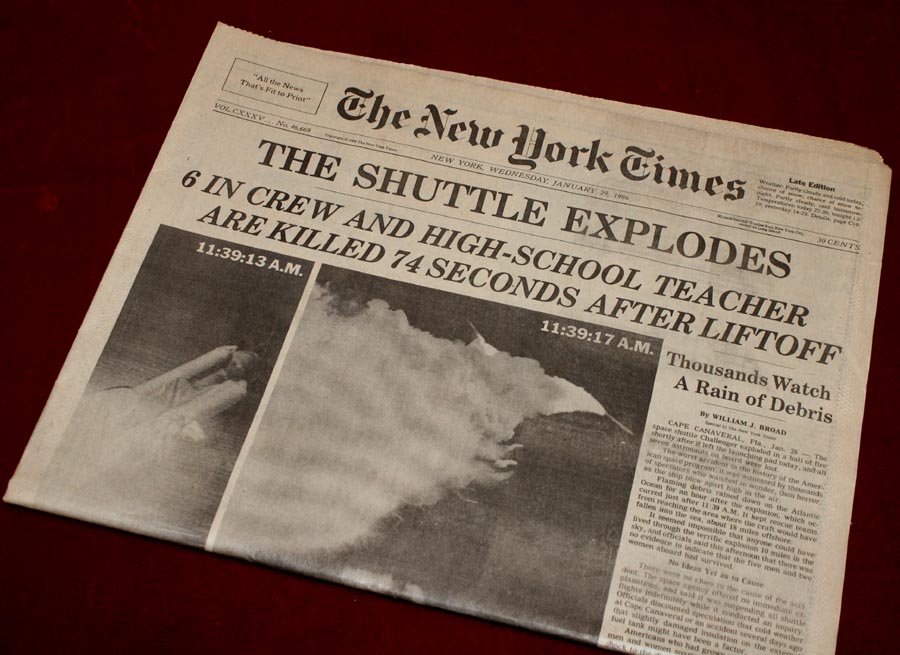Weekly Science Picks

It’s been a slow week, but science never stops. Let’s have a quick look at some of the interesting science-related happenings over the past seven days.
Eileen Pollack, a professor of creative writing at the University of Michigan, is writing a book about women in the sciences, and has a long piece in the New York Times. Worth the read.
Why Are There Still So Few Women in Science?
“Mostly, though, I didn’t go on in physics because not a single professor — not even the adviser who supervised my senior thesis — encouraged me to go to graduate school. Certain this meant I wasn’t talented enough to succeed in physics, I left the rough draft of my senior thesis outside my adviser’s door and slunk away in shame. Pained by the dream I had failed to achieve, I locked my textbooks, lab reports and problem sets in my father’s army footlocker and turned my back on physics and math forever.”
Sciencemag and their “sting” operation that exposed severe lack of even cursory peer review among open-access scientific journals. It seems an alarming number of the publications tested (by submitting a conspicuously flawed paper by a non-existent author from a non-existent third-world institution) seem to be making money at the expense of authors and not even bothering to look at submitted papers.
Who’s Afraid of Peer Review?
“On 4 July, good news arrived in the inbox of Ocorrafoo Cobange, a biologist at the Wassee Institute of Medicine in Asmara. It was the official letter of acceptance for a paper he had submitted 2 months earlier to the Journal of Natural Pharmaceuticals, describing the anticancer properties of a chemical that Cobange had extracted from a lichen. In fact, it should have been promptly rejected. Any reviewer with more than a high-school knowledge of chemistry and the ability to understand a basic data plot should have spotted the paper’s short-comings immediately. Its experiments are so hopelessly flawed that the results are meaningless. I know because I wrote the paper. Ocorrafoo Cobange does not exist, nor does the Wassee Institute of Medicine.”
The ever-present, ever-vocal George Monbiot in the pages of the Guardian.
For scientists in a democracy, to dissent is to be reasonable
“It’s as clear and chilling a statement of intent as you’re likely to read. Scientists should be “the voice of reason, rather than dissent, in the public arena”. Vladimir Putin? Kim Jong-un? No, Professor Ian Boyd, chief scientific adviser at the UK’s Department for Environment.”
PopularScience.com will no longer accept comments on new articles. The comments, they feel, are bad for science.
Why We’re Shutting Off Our Comments
“Comments can be bad for science. That’s why, here at PopularScience.com, we’re shutting them off. It wasn’t a decision we made lightly. As the news arm of a 141-year-old science and technology magazine, we are as committed to fostering lively, intellectual debate as we are to spreading the word of science far and wide. The problem is when trolls and spambots overwhelm the former, diminishing our ability to do the latter.”
Until next time…
 Follow
Follow
1 thought on “Weekly Science Picks”
Comments are closed.